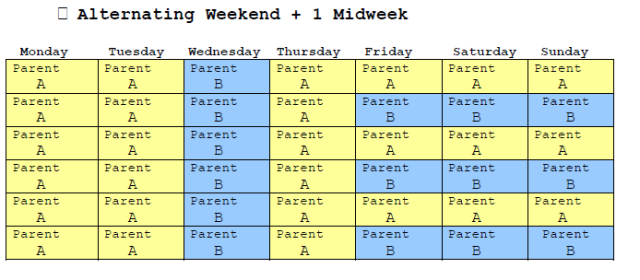Video: Manatee/Sarasota Financial Professional Discusses Collaborative Divorce
Divorce is not just a legal challenge. It is also usually a financial challenge.
Unlike the traditional courtroom divorce, interdisciplinary collaborative divorce prepares clients to budget for the future and anticipate post-divorce life so that the challenges can be met.
Brian Pope of Divorce Financial Solutions is one of the premiere neutral financial professionals in the 12th Circuit of Florida (DeSoto, Manatee, and Sarasota Counties). Brian has an MBA and is designated as a Certified Divorce Financial Analyst. In fact, several years ago Brian and I worked together to bring Next Generation Divorce – Florida’s largest practice group of independent collaborative attorneys, mental health professionals, and financial professionals – into Manatee and Sarasota Counties.
You can find a brief interview of Brian and a discussion of his work in the collaborative process in the following video (after the jump):




